Animal Welfare
We believe animal welfare and good business go hand in hand because our customers rely on us to do the right thing, and we strive to apply higher welfare standards throughout an animal’s life as part of ensuring the quality of the meat, poultry, eggs, dairy and fish products that we sell.
Waitrose is recognised as one of the top four companies in the world with respect to farm animal welfare standards, by the global Business Benchmark on Farm Animal Welfare. We work closely with our chosen welfare partner, Compassion in World Farming, to drive our purpose, through which we maintain our position as the leading retailer in Europe for farm animal welfare.
Governance
The John Lewis Partnership Ethics and Sustainability Committee, which includes Directors of both Waitrose & Partners and John Lewis & Partners, has oversight of our ethics and sustainability strategy and priority issues, including animal welfare. This ensures they are monitored at the highest level.
A Snapshot of Our UK Farms
Building strong relationships with people inside and outside our business is key to delivering our vision for sustainability and ethics and long-term business success. We respect the interests of people touched by our business – our Partners, customers, suppliers and the wider community. It’s important that we listen and respond to their concerns, are honest in our expectations and fair in how we communicate our performance.
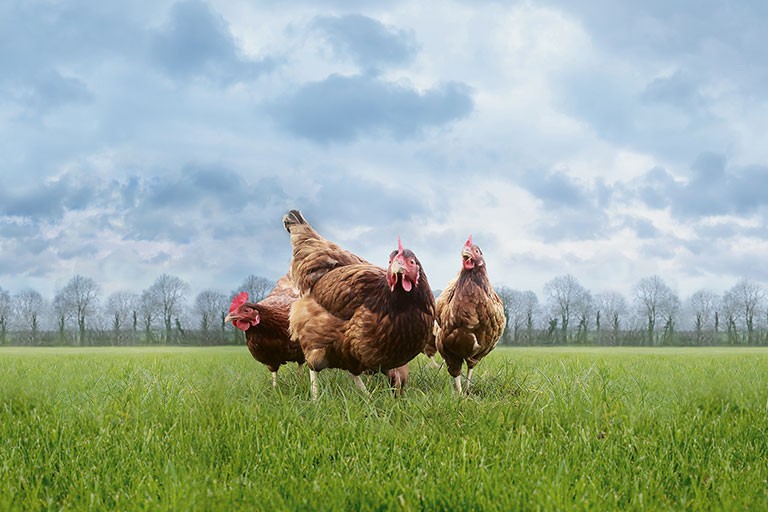
Broiler chickens
- 41 Organic broiler farms
- 1,899,000 Organic chickens reared
- 50 Free-range broiler farms
- 1,756,000 Free-range chickens reared
- 105 Indoor broiler farms
- 29,711,000 Indoor broiler chickens reared
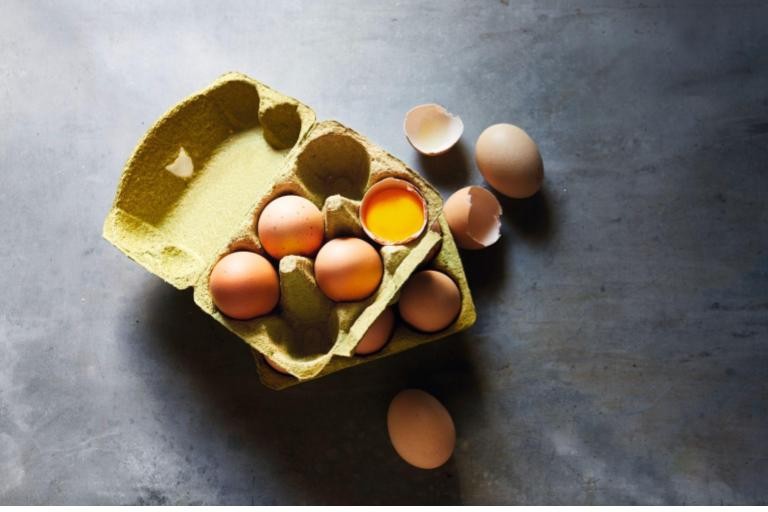
Eggs
- 23 Organic egg farms
- 3,459,664 Dozen organic eggs
- 32 Free-range egg farms
- 11,884,854 Dozen free-range eggs
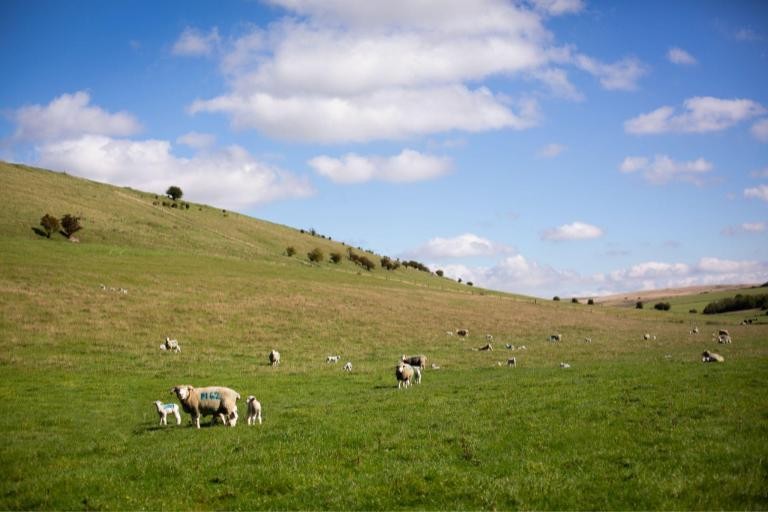
Lamb
- 85 Organic sheep farms
- 40,228 Organic lambs produced
- 308 Conventional sheep farms
- 218,334 Conventional lambs produced
Turkey
- 4 Organic farms
- 18,556 Organic turkeys produced
- 21 Free-range farms
- 70,320 Free-range turkeys produced
- 20 Indoor farms
- 107,714 Indoor reared turkeys produced
Veal & Venison
- 77 Venison farms
- 8270 Deer reared annually
- 1 Veal farm
- 2,298 Calves reared annually
Dairy goats (milk)
- 2 Farms
- 951,986 Litres of milk annually
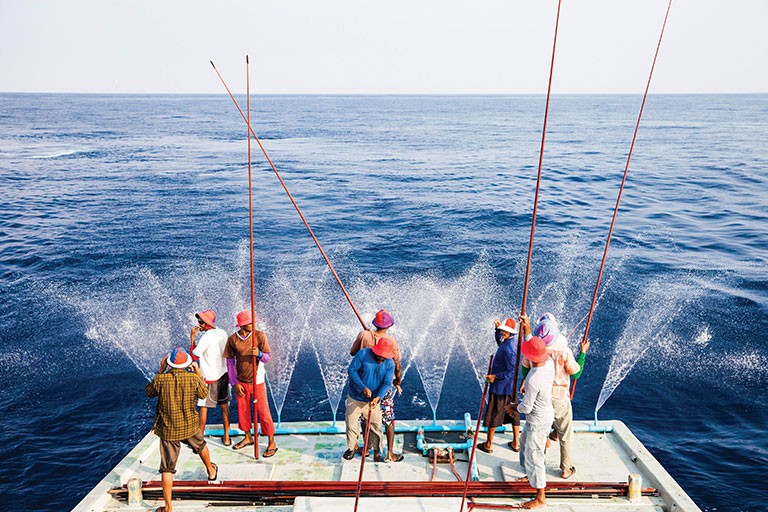
Fish
- 7 Organic salmon farms supplying 126,457 Organic salmon
- 83 Conventional salmon farms supplying
- 139,0404 Conventional salmon
- 1 Organic seabass farm supplying 24,871 organic seabass
- 19 Conventional seabass farms supplying 2,647,982 seabass
- 7 Halibut farms supplying 48.87 tonnes of Halibut
- 7 Trout farms supplying 946,558 trout
- 11 Seabream farms supplying 549,107 seabream
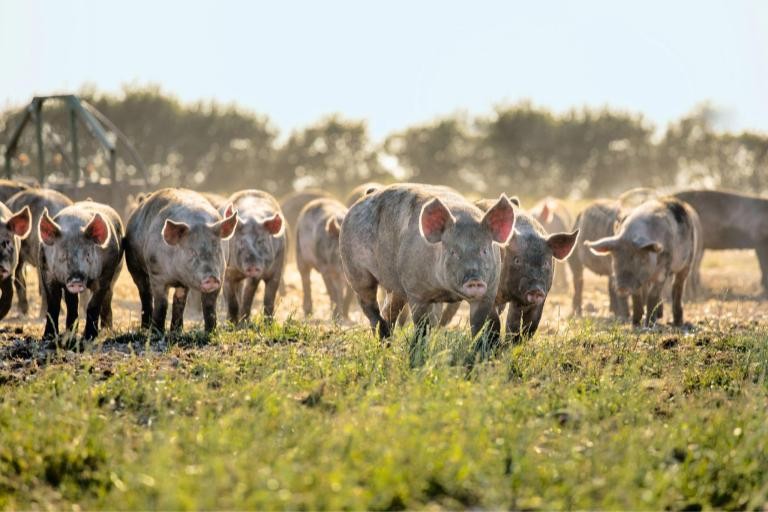
Pork (UK)
- 4 Organic farms
- 13,496 Organic pigs produced
- 22 Free-range finishing farms
- 136,136 Free-range pigs produced
- 41 Outdoor breeding farms
- 119 Indoor finishing farms
- 394,047 Pigs finished in indoor straw-based barns
Pork (EU)
- 3 Free-range farms producing 570 sows and 7,100 finishers
- 144 Indoor farms producing 4,175 sows and 92280 finishers
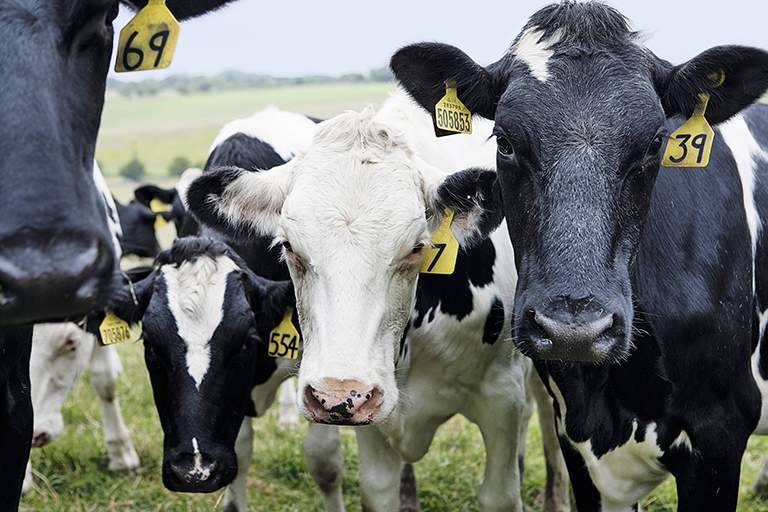
Beef
- 103 Organic beef farms
- 7235 Organic cattle produced
- 488 Conventional beef farms
- 93,256 Conventional cattle produced
Dairy cows (milk)
- 9 Organic farms producing 15,600,202 litres of milk annually
- 31 Conventional farms producing 101,432,948 litres of milk annually
The Universal Five Freedoms
These are the core of our animal welfare standards, but we are always looking at ways of developing and exceeding them:
- Freedom from hunger and thirst – by ready access to fresh water and a diet to maintain full health and vigour;
- Freedom from discomfort – by providing an appropriate environment including shelter and a comfortable resting area;
- Freedom from pain, injury or disease – by prevention of illness or rapid diagnosis and treatment;
- Freedom to express normal behaviour – by providing sufficient space, proper facilities and company of the animal’s own kind;
- Freedom from fear and distress – by ensuring conditions and treatment which avoid mental suffering.
Our Policies and Performance
Our business, our farmers and our processors monitor and measure our performance against our policies. This is an extremely important principle of the Partnership, which is why we work with farmers we know and trust and who share our values.
The Qualitative Behavioural Assessment (Qba)
We recognise that as sentient beings, animals have the ability to feel pain and experience positive emotions, such as joy and pleasure. As such, whilst we currently capture a breadth of welfare outcome measures, we feel it is the right time to explore further measures such as those underpinning the freedom to express positive emotions. We’ve been actively working with independent industry experts, including academics, NGOs and animal welfare specialists, to develop an extended list of outcome measures for each supply chain.
In 2018, Waitrose agriculture experts, independent specialists and suppliers together formed the Waitrose Animal Welfare Development Group. Formation of this group has led to a partnership with Professor Francoise Wemelsfelder from Scotland’s Rural College (SRUC), who has been developing a welfare tool called the Qualitative Behavioural Assessment (QBA).
The QBA system allows us to equip our field teams – the people who go out on farms, day in and day out – with a virtual toolkit app to record animal behaviours identified as being indicative of emotional wellbeing.
The next evolution of farm animal welfare.
On Land
In our UK land-based livestock supply chains, Waitrose’s welfare requirements extend beyond basic Red Tractor Assurance, with bespoke, independently verified standards to which farmers must adhere. Close confinement systems, including farrowing crates and caged hens, are not used, and stocking densities are lower than the industry average across the supply chain. Journey times are much shorter than the legal maximum, with Waitrose implementing maximum travel time requirements for some supply chains. We conduct our own assessments of farm management practices, and farms are independently audited by the relevant assurance schemes, supplemented by our own bespoke standards. Our hauliers undergo livestock handling and welfare training, and our slaughter sites are regularly reviewed by the Humane Slaughter Association.
At Sea
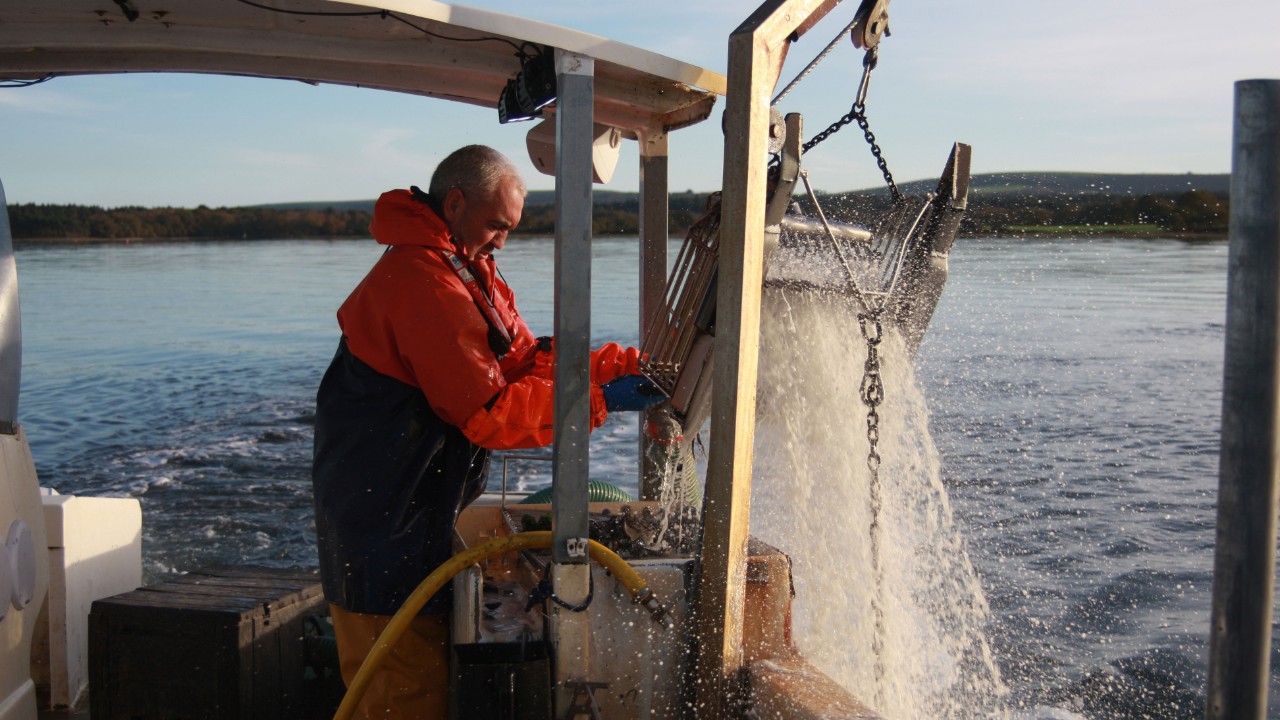
All our farmed fish suppliers, irrespective of geographic location, are certified to a recognised third-party standard, such as Aquaculture Stewardship Council (ASC), Global Gap, Global Aquaculture Alliance Best Aquaculture Practices, RSPCA and organic certification. We ensure all suppliers’ staff are welfare trained. Additionally, all salmon, loch grown trout, sea bass and bream farms are assessed through our own Responsible Efficient Production Index (REP). The results of these assessments are closely monitored and, where necessary, acted upon to maintain standards.
All our supply chains are committed to eradicating on-farm mutilation, with procedures such as fish fin clipping forbidden, and pig tail docking only permitted with veterinary recommendation. We are committed to finding alternatives to all forms of livestock mutilation.
Production is kept as natural as possible by providing environmental and social enrichment. We use a high forage diet for ruminant species and make sure dairy cows in our free-range milk and cream pool graze for at least 183 days out of the year.
Our Senior Agriculture Manager and Aquaculture and Fisheries Managers, in conjunction with the Waitrose Farming Partnership Livestock Steering Group (WFP LSG) and the Waitrose Farming Partnership Fish Forum (WFP FF), are charged with overall responsibility for animal welfare in our supply chain. Members of the LSG and FF are all livestock or seafood experts from Waitrose and its dedicated suppliers, and our technical team has significant animal welfare training. Courses completed by our in-house team include the University of Bristol’s Poultry and Animal Welfare Officer training.



